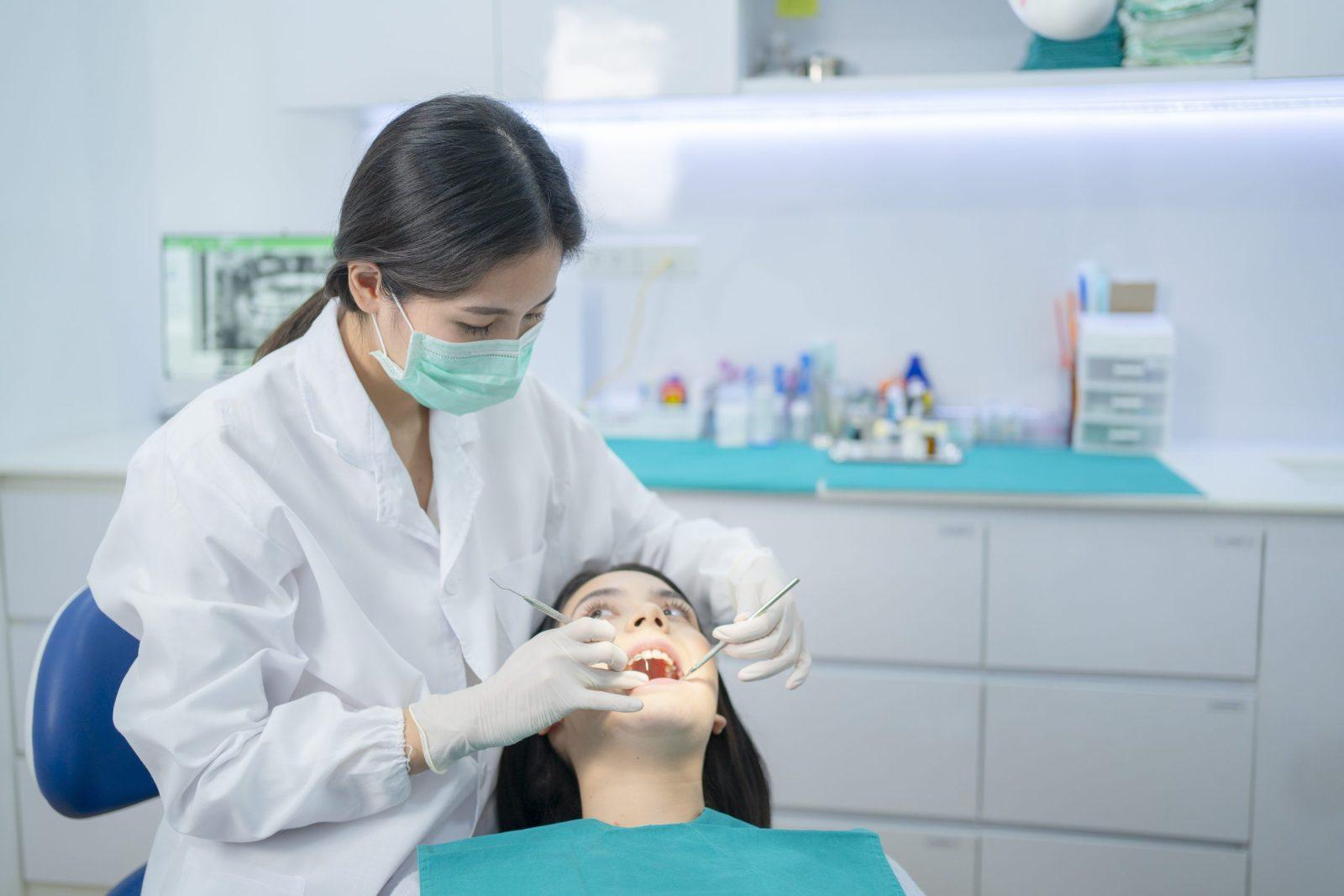The Maryland Infection Control Training for Dental Healthcare Providers aims to fully educate dental healthcare providers (DHCP) on how to protect themselves and others and mitigate community transmission of infectious diseases. Furthermore, understanding state regulations and proper procedures can prevent the transmission of infections among patients and DHCP. This course is aimed towards achieving the best and most optimized care regarding the protection of patients and DHCP against the transmission of disease.
What You Will Learn:
- Introduction to infection control
- Infection control and prevention practices
- Hand hygiene
- Personal protective equipment (PPE)
- Respiratory hygiene
- Sharps safety
- Safe injection practices
- Sterilization and disinfection
- Environmental infection prevention
- Dental unit water quality
- COVID-19 updates
- Maryland specific regulations
Details:
Course length: 2 hours; CEU: 2
Languages: American English
Key features: Audio narration, learning activity, and post-assessment.
American Medical Compliance is accredited by the Accreditation Council for Continuing Medical Education (ACCME) to provide continuing medical education to physicians. Our Continuing Medical Education (CME) program is committed to enhancing the knowledge, skills, and professional performance of healthcare providers to improve patient care outcomes. Through high-quality educational activities, we aim to address the identified educational gaps and to support the continuous professional development of our medical community. American Medical Compliance designates this activity for a maximum of 2 AMA PRA Category 1 Credits. Physicians should only claim this credit for their complete participation in this activity.
Get Certified
American Medical Compliance (AMC) is a leader in the industry for compliance, Billing, and HR solutions. To become certified, please visit us at: American Medical Compliance (AMC).
Reach out for other courses by visiting the AMC Course Library.
Why Is Infection Control Important?
Infection control is crucial because it directly prevents the spread of diseases, ensuring the safety and health of individuals in various settings, such as hospitals, schools, and dentistry facilities. By implementing effective infection control measures, healthcare providers can significantly reduce the transmission of harmful pathogens. Moreover, these practices protect vulnerable populations, including the elderly, young children, and immunocompromised individuals. Infection control enhances overall public health, reduces healthcare costs, and minimizes the risk of outbreaks.



